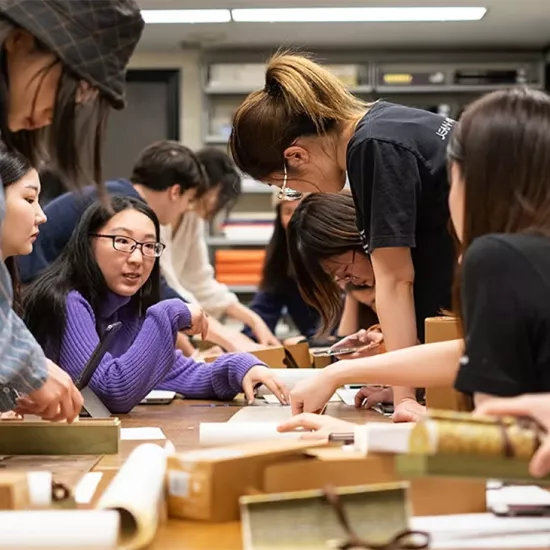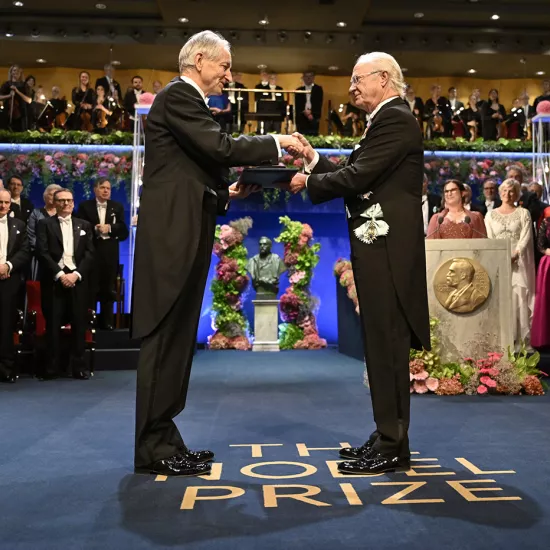UTM professor Daniel Zingaro shares his own trials at school – and his triumphs

Computer science professor Daniel Zingaro almost dropped out of computer science at university. Twice. He also nearly failed a course he now teaches.
While others might keep this less-than-pristine academic history to themselves, he makes a point of sharing it with his students. “I want them to know it’s not an intellectual failing to struggle, and they’re not alone if they’re finding certain concepts really tough,” says Zingaro, a faculty adviser and associate professor in the teaching stream at U of T Mississauga.

For him, falling in love with computing was the easy part. One of his earliest memories is sitting contentedly beside his programmer father as they created a math game together. Born visually impaired, Zingaro couldn’t see the screen but was mesmerized by the process. Once he began using accessible technology, he designed his own games.
As a computer science student, however, keeping pace was often an uphill battle. “I felt like I wasn’t getting it like everyone else,” he says. “I spent hours puzzling things out.” At one point, he came close to switching to psychology.
Zingaro had barely started his master’s when he decided he’d had enough. His supervisor convinced him to persevere, and while doing his PhD he found his niche exploring how to teach computer science.
Today he’s the recipient of a U of T Early Career Teaching Award and an internationally recognized expert in an active-learning approach that’s now widely used in computer science education. He no longer has time to design games, but he listens to video game music (it’s a thing), enjoys indoor rock climbing and even tried skydiving. He shares his interests with his students to give them an opportunity to connect.
“My aim is for students to be comfortable telling me they don’t understand,” he says. “I assure them that we have a shared responsibility for their learning. And I try to show them that putting in the extra effort is worth it because of the great feeling you get in the end. It’s all about not giving up.
This story first appeared in the Winter 2020 issue of University of Toronto Magazine



